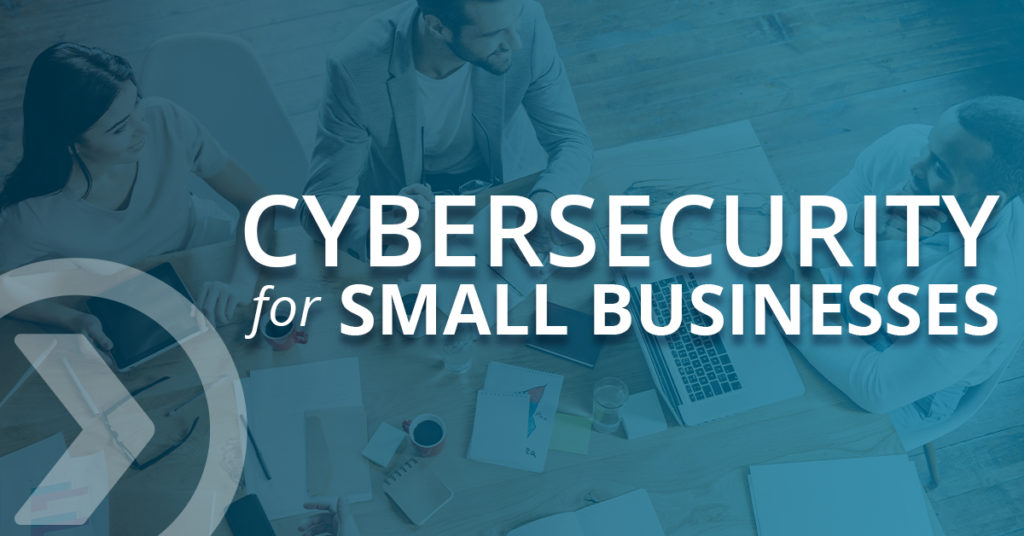Last Updated on April 30, 2025 by Owen McGab Enaohwo
Image Credit: Pratum
As the rise of cybercrimes is only increasing, it’s important more than ever to ensure your business implements proper cybersecurity practices. Hackers are vicious players – if two years ago they tried to steal from big corporations only, their appetite has grown strongly in recent years. Even 42% of small businesses experienced a cyberattack in the last year.
These numbers should be the biggest motivation for small businesses to invest in cybersecurity. But how to do it?
Cybersecurity Best Practices
Appoint a responsible person
Before you start, create some specific rules on how your company will implement cybersecurity. These practices will only work if you have a comprehensive plan and a person responsible for such matters. If you do not have a person within an organization that can handle cybersecurity things, consider employing someone from outsourcing.
Train your employees
Another aspect you must consider is regularly training your employees about cybersecurity and its main goals and purpose. A well-trained employee will know the difference between different types of scams and learn how to avoid them. Every employee should know how the viruses work, how they infect the devices, and what to do in order to prevent such things from happening. To enhance their cybersecurity skills, consider enrolling employees in industry-recognized training programs, such as the CompTIA Certification Exam. This will equip professionals with comprehensive knowledge of cybersecurity best practices.
Strong passwords are a must
Once you’re done training your employees, start with password-changing practices. All passwords within the company should be lengthy and with various symbols and uppercase letters. This is a crucial component of cybersecurity solutions for small businesses, ensuring protection against unauthorized access. Another thing to remember about passwords is that they have to be changed regularly. Moreover, two-factor authentication is also recommended. This way, cybercriminals won’t be able to hack into your accounts or commit identity theft easily.
Use Cybersecurity Tools
Quite often, small businesses avoid additional costs by not buying security equipment, such as antivirus software. However, it is crucial to understand that there are cost-effective cybersecurity tools available, including antiviruses, that can help detect malware and prevent them from infecting devices.
For instance, a Bitdefender antivirus review by Cybernews experts highlights its advanced malware detection capabilities and ease of use, making it an excellent choice for small businesses looking to enhance their security without breaking the bank. In other words, antiviruses work as a shield that protects any vulnerabilities your computers have.
The importance of a VPN
In fact, a combo of antivirus and a VPN is always a perfect solution for anyone willing to protect themselves digitally. As with antivirus software, you should always invest in a decent VPN that will help you encrypt your data; thus, protecting it from prying eyes. Moreover, a VPN is an excellent tool to give an extra layer of protection for remote working. This way, you’ll be sure that your employees working from home are protected and away from hackers.
Backup files
Sometimes data breaches happen, even for the best ones. If cybercriminals successfully hacked into your files, they might want ransomware for this. Ransomware is a virus that can encrypt your files and folders, holding them hostage until you pay a certain sum to the cybercriminal. To avoid this unpleasant situation, always have a backup for all your files including Office 365 backup. Always be one step ahead of your enemies!
Types of Cyber Threats for Small Businesses
In order to understand the need for cybersecurity practices, here are some of the most common threats hackers use:
Phishing
One of the ways hackers can get into computers is to impersonate other people by creating a reliable person’s image. For example, they can pretend to be a bank employee and ask for bank credentials. You can avoid it by training your employees and explaining why they should always have to identify the person.
Pirating
In short, pirating could happen if an employee downloads any unauthorized software from the internet. The malware that hides inside can infect all of your databases, and hackers will be able to spy on your devices. Always explain to employees that they are not allowed to download any software without permission to mitigate these technology risks.
Suspicious links
Another popular method to hack employees’ computers is to persuade them to click on random links. Those links contain a virus or malware on the system, and after the click, the virus will take control of the user’s account and infest the network. The prevention for this is also quite simple – do not open any unknown links, and you’ll be safe from phishing attempts and phone hacked signs.
Outdated Firmware/Software
Outdated software has many vulnerabilities, and hackers love to take advantage of it. A good cybersecurity practice is to keep everything updated. If you don’t, cybercriminals might use these flaws and steal anything from passwords to confidential information. Ensure your devices are up to date and aren’t a potential backdoor for hackers.
Author Bio
Hariom is an SEO & SMO specialist working as a freelancer & Content strategist at Newtechniqueinfo. I am passionate about graphic design, blogs, reading, and writing.
